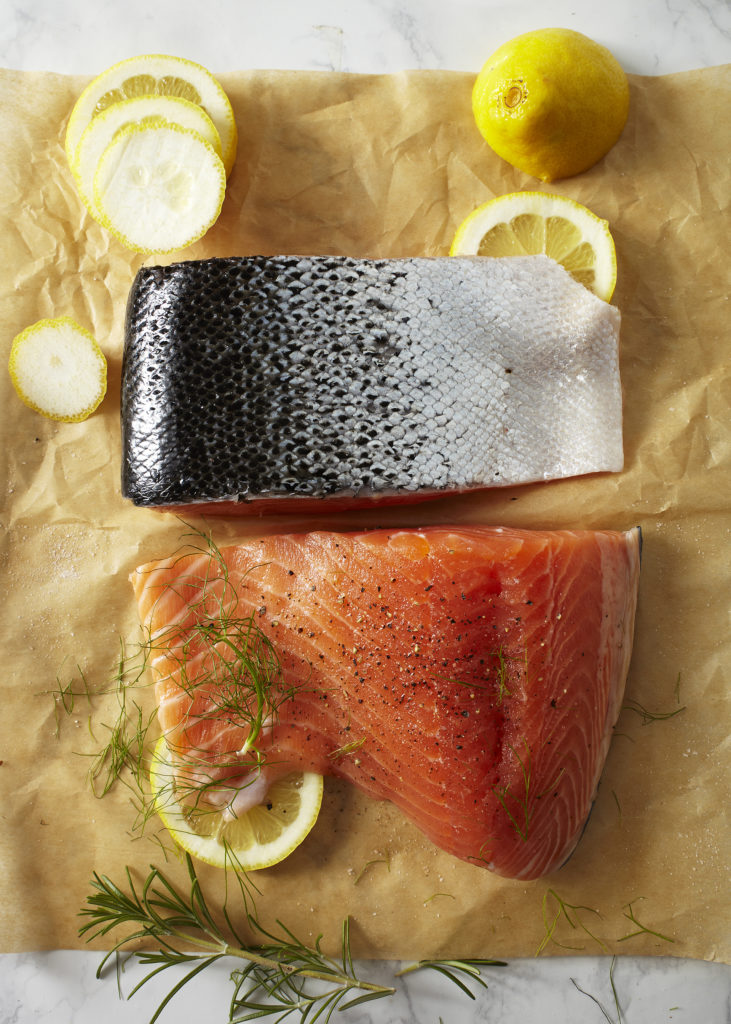10 Top Self-care Tips For Summer

According to health economists, taking supplements is a cost-effective way to help to bridge the nutritional gaps in our diets and stem the spiralling costs of healthcare provision. Of particular interest within the Europe wide study are supplements of vitamin D, calcium, B vitamins, omega-3 fats and plant stanols.
These gaps are real, and are getting worse, according to the UK’s National Diet and Nutrition Survey (NDNS) which shows that vitamin and mineral intakes from food have been declining over the past few decades, putting more people at risk of deficiency. For example, in the UK, risk of iron deficiency rose to 19% in teenagers and nearly 10% in women.
The health costs report reveals that taking vitamin D and calcium supplements could vastly reduce the number of people affected by osteoporosis and cut the massive costs involved in treating osteoporosis-related fractures, which is currently estimated to cost over €26.4 billion across Europe.
Even more could be saved if people at risk of cardiovascular disease took a daily fish-oil supplement, containing 1g of omega-3 DHA and EPA. The potential reduction in the number of people suffering the consequences of heart disease and stroke could save €64.5 billion over 5 years, according to the new report.
Commenting on these findings, Dr Carrie Ruxton, from the Health and Food Supplements Information Service (HSIS), says: “Nutrition plays a vital role in maintaining good health and it makes sense that nutrients should be obtained from eating a balanced diet. However, as shown by NDNS data, many nutrients are at suboptimal levels for large groups of people within the UK.
“Such nutritional inadequacy has the potential to have a major impact on peoples’ health and the prevalence of chronic disease. The report adds to the weight of evidence demonstrating the benefits that even a relatively low-cost action such as taking daily supplements can bring in helping to save lives and significantly reduce healthcare costs, potentially saving billions on treating heart disease, bone fractures and other conditions.
Here are Dr Carrie Ruxton’s 10 top self-care tips for the summer months.
- Get moving – we all need at least 30 minutes of moderate activity 5 times a week – something that gets you out of puff. This not only helps reduce your risk of heart disease, but is a great way to boost mood and beat stress naturally.
- Cut the bugs – Help to support your body’s immunity with a probiotic supplement as well as vitamins A, C and D, folate, iron, zinc and selenium, but if you do get a bad cold, your pharmacist can advise you about appropriate over-the-counter products.
- Get wise-D up – during the winter months our vitamin D levels take a nose dive, so follow Government advice and invest in a daily supplement providing 10 micrograms per day for adults and children aged over 1 year.
- Take five – Eating at least five portions of a variety of fruit and vegetables a day provides fibre and a range of vitamins and minerals to support good health.
- Cut the saturates – aim to limit foods that are high in saturates by choosing lower fat dairy products and leaner cuts of meat to help keep cholesterol levels in check. If you have a raised cholesterol level, it can increase your risk of heart disease so you could also keep your cholesterol at a healthy level by taking a supplement containing 1.5 – 3g of plant sterols or stanols (phytosterols) which can lower LDL-cholesterol by 7-12%.
- Rough it! – Having enough fibre means keeping your digestive tract working well. Keep your digestive tract moving along by consuming 30g per day of fibre by including high fibre foods such as wholegrain cereals, beans and pulses, prunes and other dried fruits, pulses, nuts and plenty of fruit and vegetables.
- Eat fish – put fish on the menu at least twice a week, making one of them a portion of oily fish, such as mackerel, sardines or salmon. Oily fish are a source of omega-3 fats, which evidence shows can help protect against heart disease. If you’re not a fan of eating fish, you can get the benefit of the same omega-3s from a supplement containing EPA and DHA.
- Joint care – we all need to get more active, but this can lead to aches and pains if you’re not used to regular exercise. Fish oils and glucosamine can both help to support joints while magnesium is important for normal muscle function. Aim to include fish in your diet twice a week and take an omega-3 and a glucosamine supplement every day.
- Ask the pharmacist – If you have minor health concerns there’s no need to wait for an appointment with the doctor. Often a trip to the pharmacist can be the best place to get advice and suitable over-the-counter remedies for adults and children.
- Clean up your act -Washing your hands is one of the simplest ways to protect yourself from bugs and viruses causing food poisoning and flu, so make sure children and adults alike wash their hands well, especially before eating or preparing food.
For more information on vitamin, mineral and food supplements . . .









